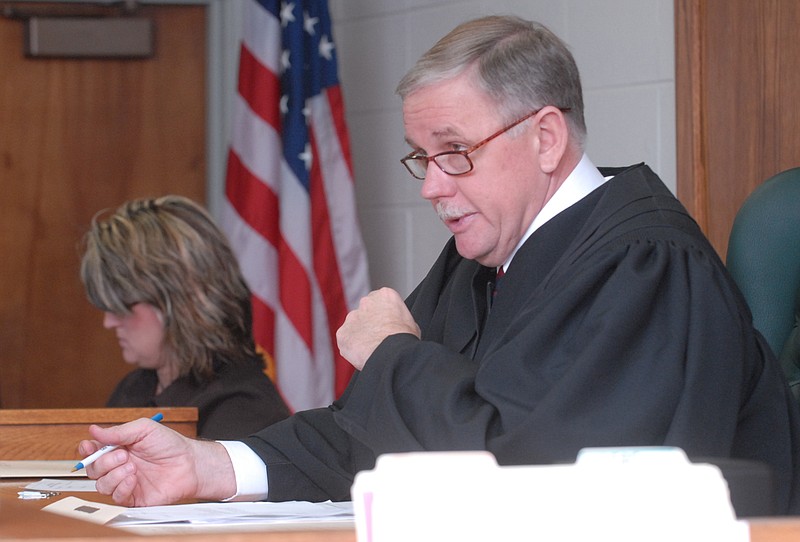CLEVELAND, Tenn. - A closely divided Bradley County Commission has tentatively agreed to fund half the $35,000 price tag for a new environmental court position.
The Cleveland City Council recently voted to approve funding half the position's cost, contingent upon a similar commitment from the county.
Cases coming before environmental court are generally property-related health and safety issues.
"As Bradley County continues to grow, there are more and more concerns and complaints on environmental issues," said Commissioner Mark Hall, who sponsored the measure and cited a request by Bradley County General Sessions Judge Daniel Swafford to fund the position.
Hall said he expected the position would be self-sustaining after the first year.
In a recent meeting, the Bradley County Commission voted 8-6 to approve funding the position subject to a number of conditions, including that a proper budget amendment be provided by the Bradley County Finance Committee and that revenues generated by the environmental court would go back to the court. The measure also requires that Cleveland provide written confirmation about how much and how long it will fund the court position.
Commission Vice Chairman Jeff Yarber and Commissioners Terry Caywood, Bobby Goins, Mike Hughes, Johnny Mull, Robert Rominger and Bill Winters joined Hall in voting for the proposal. Commission Chairman Louie Alford and Commissioners Milan Blake, Thomas Crye, Charlotte Peak, Dan Rawls and Howard Thompson voted against it.
Creating the court position amounts to turning the environmental process into a "government collection agency" as opposed to providing public service, Rawls said. He also questioned the need for the court, citing two environmental cases that have occurred in recent years.
An established environmental court is intended to "pack a punch" and serve as deterrent for future issues, said Hall, who countered that the small caseload had more to do with the ability to process the cases than the lack of environmental issues.
"I'm not against environmental court, per se, but I do think it is a slippery slope when you create a court that is not sustaining yet and you expect it to sustains itself in a year's time," Peak said.
"You're putting a huge burden on [Environmental Officer] Tim Mason to give people fines."
Peak also expressed concern that the court's creation could result in the county making ordinances that will be "telling people what they can do with their grass [and that you] can't have an abandoned car in your yard with grass around it."
She also criticized the "13th-hour" timing of the request that did not propose a funding source and was presented to the Bradley County Commission on the date it voted to approve appropriations and set the tax rate for the 2015-2016 fiscal year.
Tennessee has six environmental courts, which are funded through county general funds, Hall said.
"I guarantee we'll spend $17,500 on something else before the year is out," Yarber said.
Paul Leach is based in Cleveland. Email him at paul.leach.press@gmail.com.
